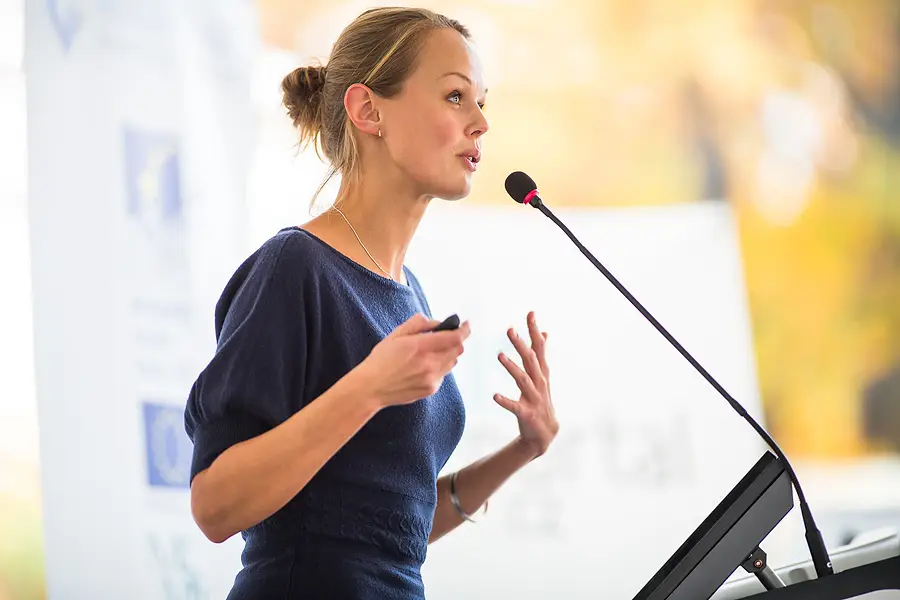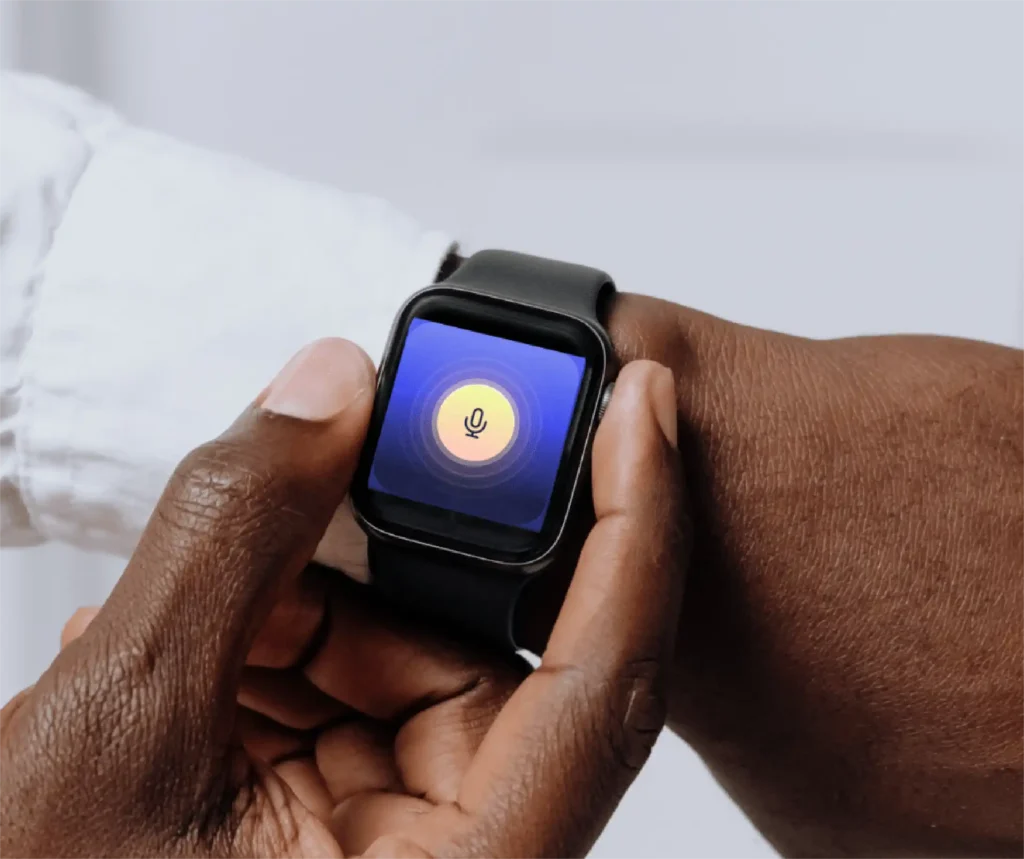In 1982, Frank Zappa, known for his unconventional music and social commentary, released a song that unexpectedly became his only Top 40 hit: “Valley Girl.” The song, featuring his then-14-year-old daughter, Moon Unit Zappa, took aim at the stereotypical speech patterns and materialism associated with California’s San Fernando Valley teenagers and the excessive use of the filler word “Like”.
While the song might sound like a lighthearted ode to shopping sprees and trendy clothing, Zappa intended it as a satirical critique. Moon’s exaggerated portrayal, complete with phrases like “I, like, love going into, like, clothing stores and stuff,” was meant to highlight the superficiality and consumerism often associated with the “Valley Girl” stereotype.
The song “Valley Girl” took this established and excessive use of “like” and exaggerated it for comedic effect. Moon Zappa’s portrayal relies heavily on repetition of “like” to emphasize the stereotypical “Valley Girl” speech pattern, often inserting it unnecessarily between words or phrases. This excessive use was meant to satirize the perception of superficiality and lack of clear thought associated with the stereotype.
Despite Zappa’s satiric intent, the song’s catchy melody and Moon’s unique delivery inadvertently popularized the very speech patterns it aimed to mock. “Valley Girl” became a cultural phenomenon, spawning countless imitations and solidifying the “Valley Girl” stereotype in popular culture.




